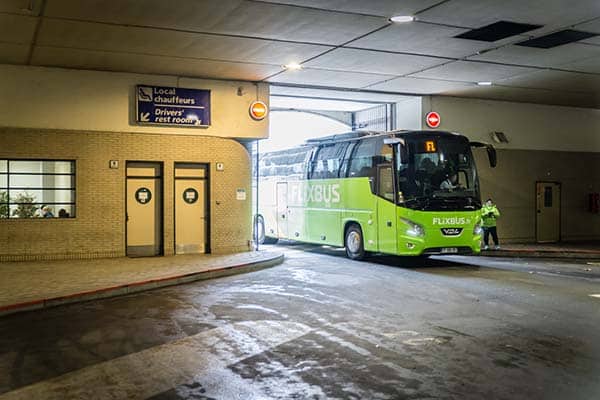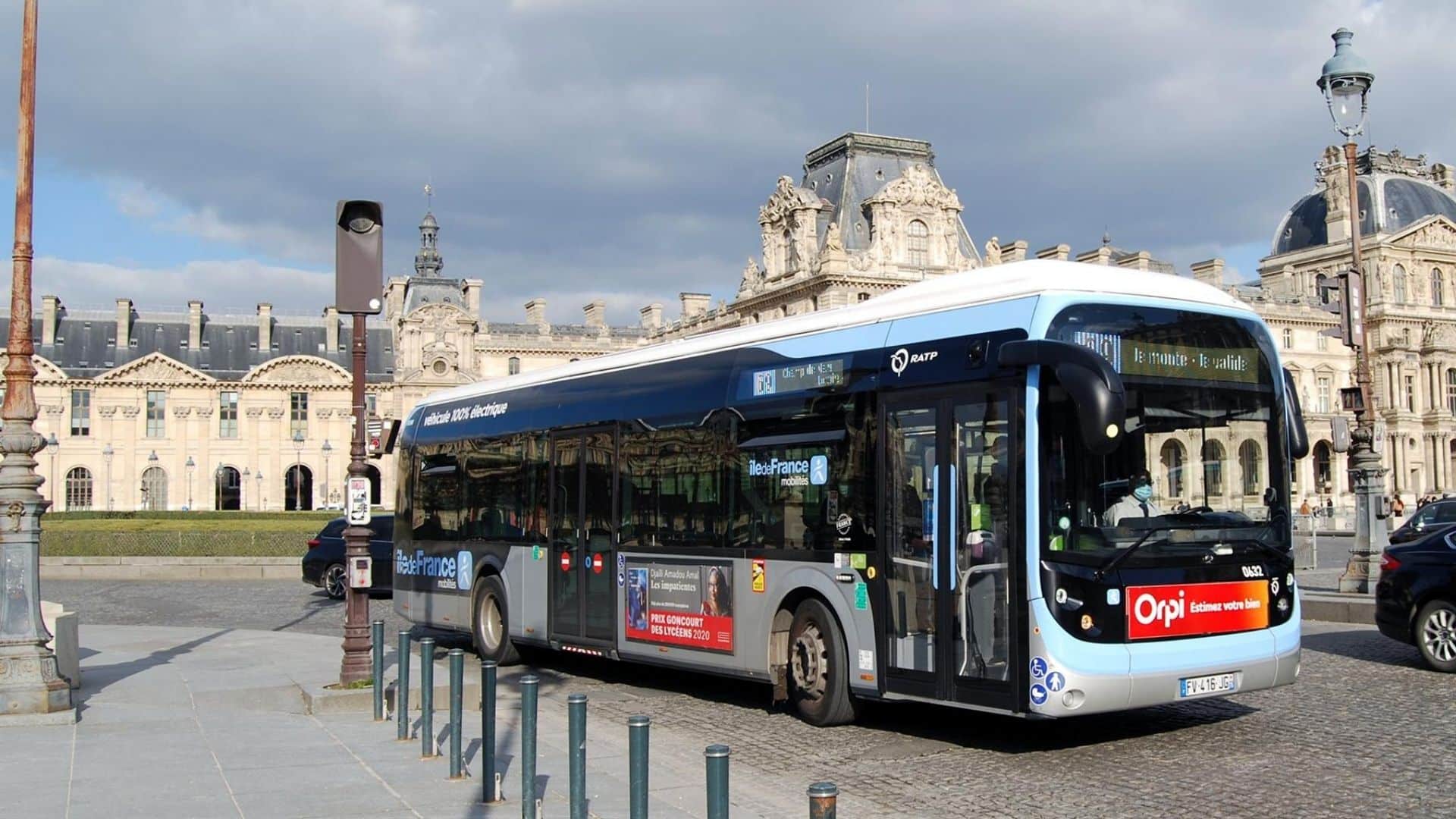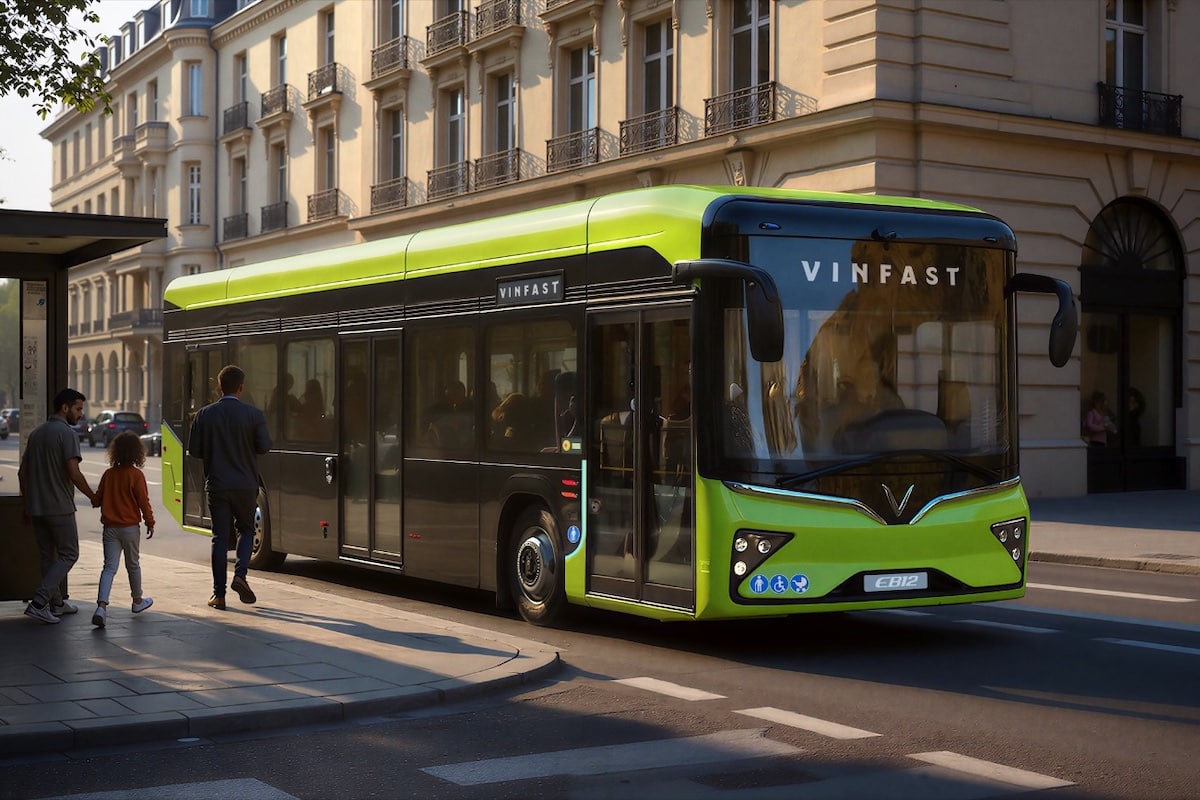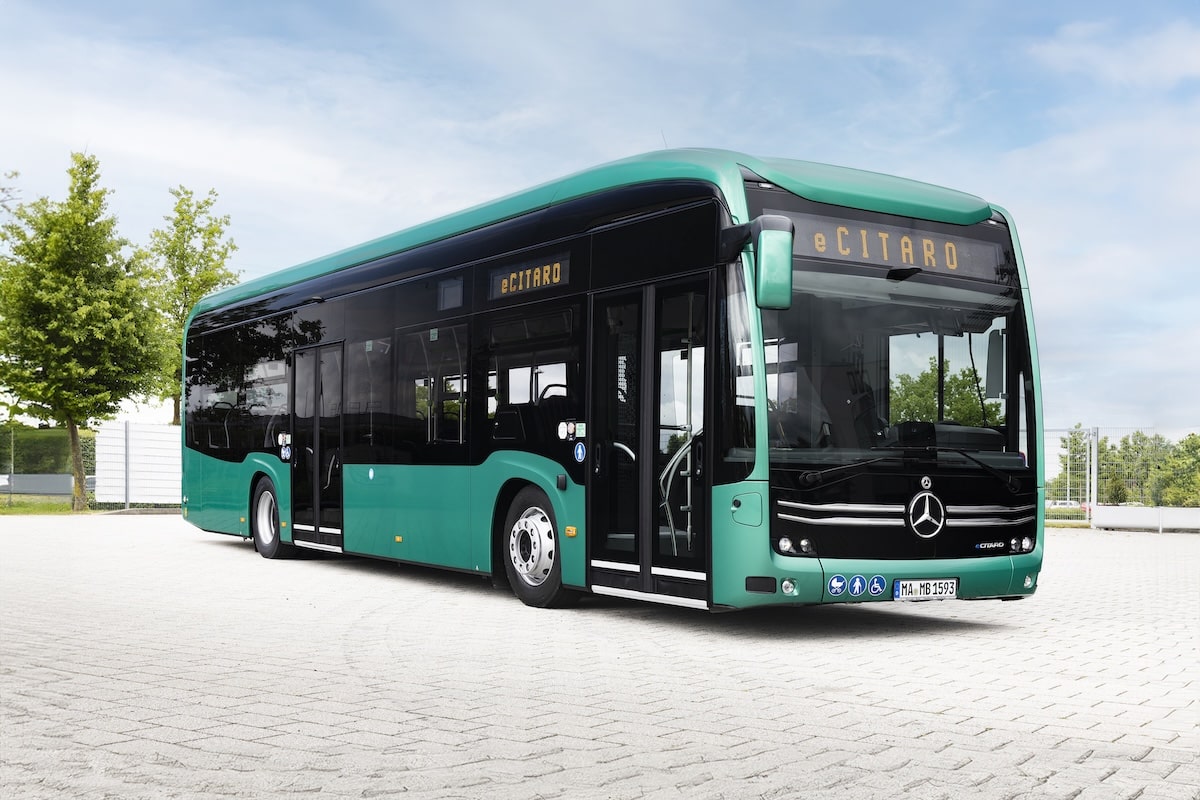Anne Hidalgo Bids Farewell to Bercy Bus Station

The City Hall of Paris announced the closure of the Bercy bus station (13th arrondissement) after the 2024 Olympic Games.
With 7 million travelers per year, half of whom are Parisians, the station has become an ultra-busy departure point for long-distance buses or “Macron buses”. These low-cost buses aim to facilitate mobility for students, young professionals, modest retirees, but also residents of areas neglected by rail. Implemented at the direct initiative of President Emmanuel Macron, immediately after his election, they have found their audience, but apparently not their infrastructure.
A large hangar opened in 1996, now almost uninhabitable under tags and neon lights, the Paris-Bercy bus station offers a particularly wide range of destinations: Lille, Rennes, as well as Barcelona, Venice, or Brussels. TF1 recently painted a less-than-flattering picture of it.
An outdated Bercy site?
Flixbus and BlaBlaCar, to mention just a few, have made it their hub, to the point of saturating the service, which is unable to properly accommodate the interrupted flow of passengers, often forced to wait several hours on the ground when they need to transfer.
The first deputy (PS) of the Paris City Council, Emmanuel Grégoire, thus announced this weekend to AFP that the station as we know it will be closed at the end of “the public service delegation contract that ties us to the operator”, i.e., as soon as the Olympics end. The city hall plans to afterwards “renew management and prohibit the future operator from running long-distance tourist buses there”. The space is then intended to become a large capacity parking lot for tourist buses prohibited from circulating within Paris proper.
Symbolic decision or political war?
Flixbus’s reaction was swift. The operator reminded that it pays an annual fee of 4 million euros, plus 100,000 euros monthly for site maintenance alone. It also called out what it considers a senseless decision: “We have a few small stops at other suburban stations, but 90% of our travelers pass through Bercy. We need both this interconnection with public transport and also between our different routes. Some travelers only transit through Paris,” argues FlixBus.
The Paris City Hall states that the site is no longer suitable for this bus station activity, while operators point to a systematic refusal to modernize or simply improve the site. One thing is certain: an initiative led by Emmanuel Macron in a city governed by Anne Hidalgo was already facing difficulties. A political turf war whose users are once again the collateral victims.
READ ALSO > Privatisation of bus lines in Paris: a new political absurdity?
This page is translated from the original post "Anne Hidalgo sonne le glas de la gare routière de Bercy" in French.
We also suggestthese articles:
Also read







